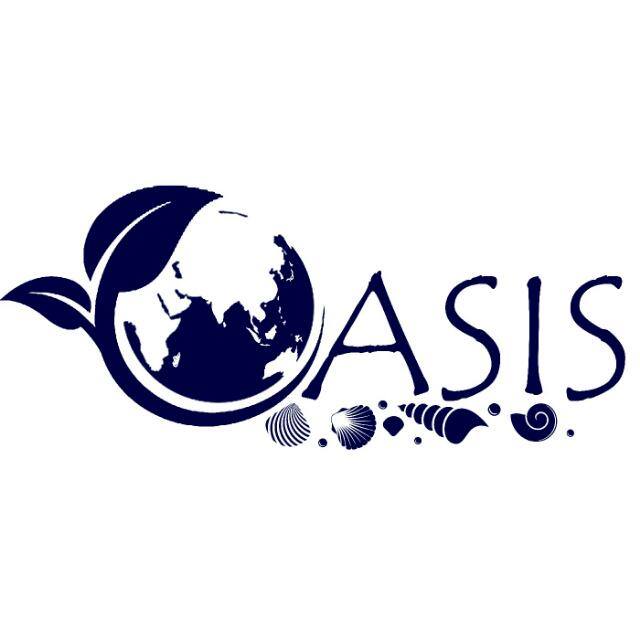Research Themes
1. Isotope fingerprinting of the Indian summer monsoon (ISM) system
We are carrying out a number of projects to understand the ISM variability from seasonal to interannual time scales from present to past using different stable isotope proxies on various archives. Some of the subthemes are:
- Long-term isotope record of daily precipitation to understand the variability of hydrometeorological processes associated with ISM.
- Seasonal isotope hydrology of different river catchments and estuaries of India.
- Fingerprinting the rice – rainwater isotopic relationship and map showing the rice isotopic composition across the Indian region for authentication of Indian varieties.
- Tracking the change in seasonality through time using stable isotope and clumped isotope proxies on mollusc shell growth bands
2. Reconstructing palaeoclimate using ocean sedimentary cores and terrestrial archives
3. Seasonal variability of greenhouse gas emissions from Bengaluru — long term observation of fossil fuel burning
4. Biogeochemistry of the Southern Ocean
Despite the significant impact Southern Ocean (SO) has on global heat and moisture transport, its contribution of recycled water to the air column immediately above has suffered from the lack of adequate observations. Studies by the lab have, therefore, employed oxygen and hydrogen isotope ratios of rain water/water vapour to accurately ascertain these cyclic processes (evaporation, precipitation, recycling). Additionally, the isotope ratios of carbon – of tropospheric CO₂ and dissolved inorganic carbon in surface seawater – were leveraged to gain better insights into CO₂ interaction between ambient air and the sea. These datasets have been corroborated by oxygen and carbon ratios in planktonic foraminifera from these waters. Lastly, our lab fit mathematical models that factor-in water-air interactions, and tested whether they were able to predict the observed isotopic composition.
5. Geobiology research initiative
Under this initiative, we are carrying out isotopic investigations on microbial carbonates (from Pre-Cambrian to modern) to understand the coevolution of life and the planet earth.
We are also combining microbial sequencing techniques with stable isotope tools in order to understand the growth of modern micorbialites under different stressful conditions.
